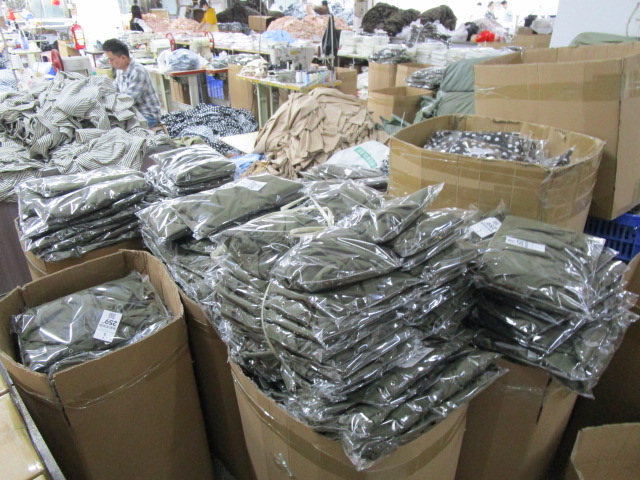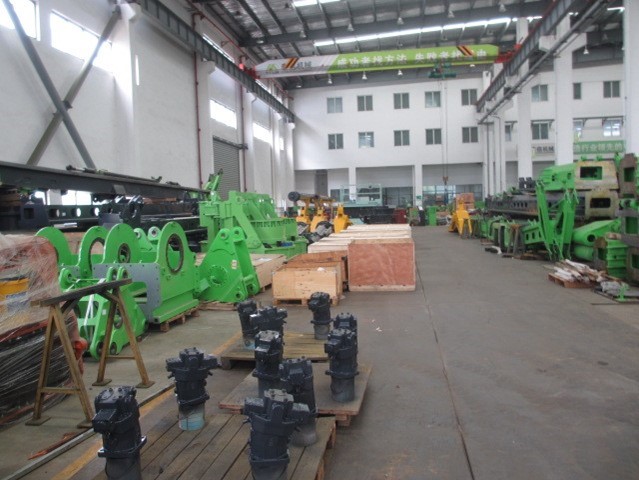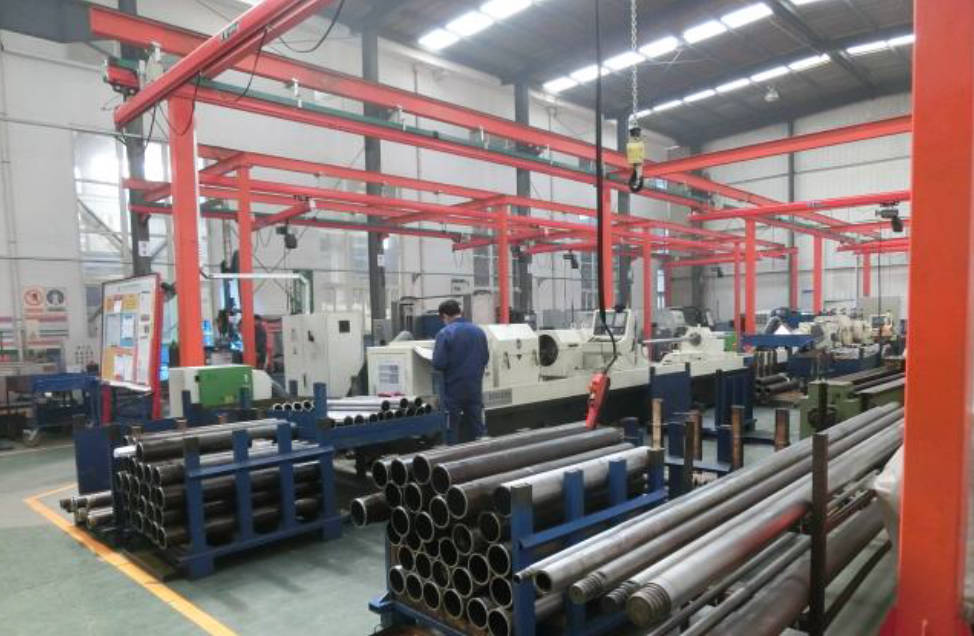
When sourcing products from China, one of the most crucial steps is evaluating potential suppliers before placing an order. This process, known as “factory auditing” or “manufacturing audit,” involves assessing the supplier’s capabilities, quality control processes, and compliance with ethical and legal standards. In this article, we will explore the benefits of conducting a factory audit for new Chinese suppliers, emphasizing quality assurance, ethical and legal compliance, cost savings, and relationship building.

Contents
Section 1: Quality Assurance
One of the primary benefits of conducting a factory audit for new Chinese suppliers is to ensure that the products they produce meet the required quality standards. A factory audit involves an in-depth review of the supplier’s production processes, machinery, and equipment to ensure they are capable of producing products that meet your specified quality standards.
Through a factory audit, you can identify potential quality issues and work with the supplier to address them before placing an order. This proactive approach can significantly reduce the risk of receiving defective or substandard products, which can ultimately impact your brand’s reputation. Additionally, it allows for the implementation of corrective actions to enhance product quality, ensuring consistency and reliability in the long run.
Section 2: Ethical and Legal Compliance
Ensuring that suppliers comply with ethical and legal standards is another critical aspect of conducting a factory audit. This includes verifying that the supplier follows local labor laws, provides fair wages, and maintains safe working conditions for its employees. It also involves ensuring that the supplier adheres to environmental regulations and safety standards.
By conducting a factory audit, you can assess the supplier’s compliance with these ethical and legal standards and identify any areas requiring improvement. This diligence helps to mitigate the risk of working with suppliers who engage in unethical or illegal practices, which can damage your brand’s reputation and lead to legal and financial liabilities. Ethical compliance is increasingly important to consumers, and aligning your supply chain with these values can enhance your brand’s image and customer loyalty.
Section 3: Cost Savings
Conducting a factory audit for new Chinese suppliers can also lead to significant cost savings. By identifying potential quality issues and compliance gaps early on, you can work with the supplier to address them before placing an order, thus reducing the risk of costly product recalls or legal disputes.
Furthermore, a factory audit can help you negotiate better pricing with the supplier by identifying areas where cost savings can be achieved. For example, if the supplier uses outdated machinery or inefficient production processes, you may suggest alternative approaches that can reduce costs without compromising quality. Optimizing production efficiency not only lowers costs but also improves delivery times and product consistency.
Section 4: Relationship Building
Conducting a factory audit for new Chinese suppliers is also instrumental in establishing a positive relationship between you and the supplier. By demonstrating a commitment to quality, ethical standards, and compliance, you can build trust with the supplier and establish a long-term partnership based on mutual respect and cooperation.
The factory audit process provides an opportunity to learn more about the supplier’s business and culture, helping you better understand their needs and expectations. This understanding facilitates communication and collaboration, leading to more efficient and effective business relationships. A strong supplier relationship can result in better terms, priority production, and improved problem-solving capabilities, ultimately benefiting both parties.
Section 5: Risk Management
An often-overlooked benefit of factory audits is their role in risk management. By thoroughly evaluating a supplier’s capabilities, you can identify potential risks related to production delays, supply chain disruptions, or financial instability. Early detection of these risks allows you to develop contingency plans, such as diversifying your supplier base or implementing risk mitigation strategies.
Additionally, understanding a supplier’s capacity and reliability helps ensure they can meet your production demands, reducing the risk of stockouts or overreliance on a single supplier. This comprehensive risk management approach is crucial in maintaining a stable and resilient supply chain.
Section 6: Continuous Improvement
Lastly, factory audits are not a one-time activity but should be part of a continuous improvement process. Regular audits help ensure ongoing compliance with quality and ethical standards, allowing you to track progress and identify areas for further improvement. This continuous monitoring fosters a culture of excellence and accountability within your supply chain.
In conclusion, conducting a factory audit for new Chinese suppliers is an essential step in ensuring quality assurance, ethical and legal compliance, cost savings, relationship building, risk management, and continuous improvement. By investing time and resources into this process, you can safeguard your brand’s reputation, optimize your supply chain, and build strong, sustainable partnerships with your suppliers.




